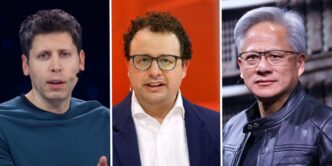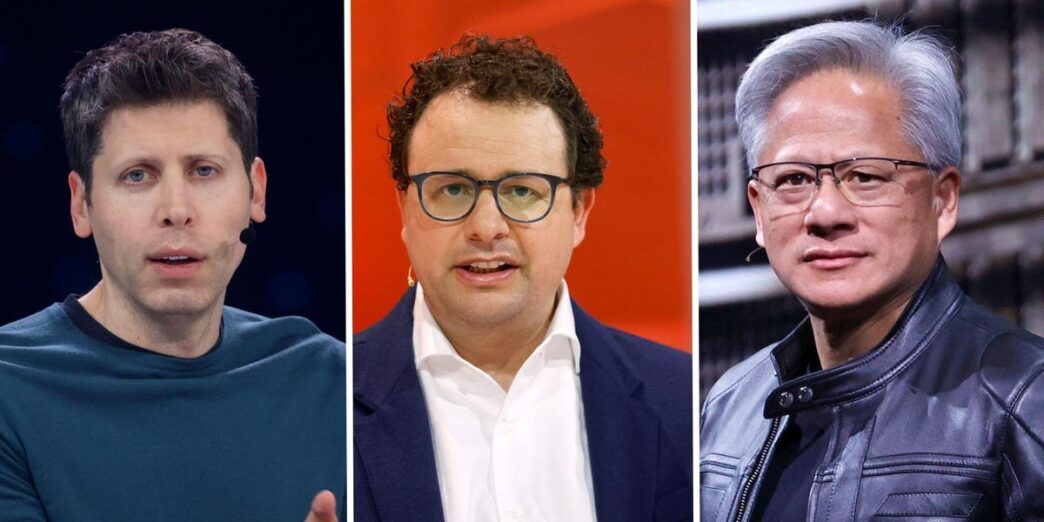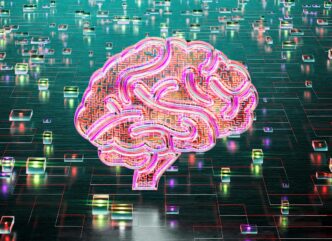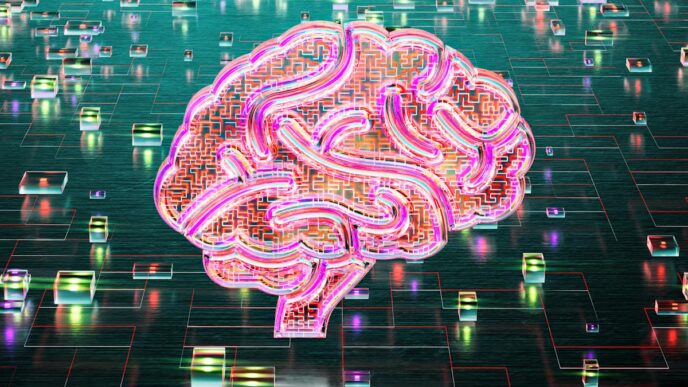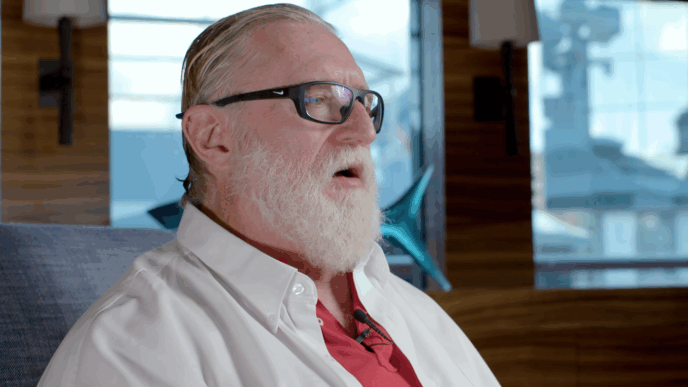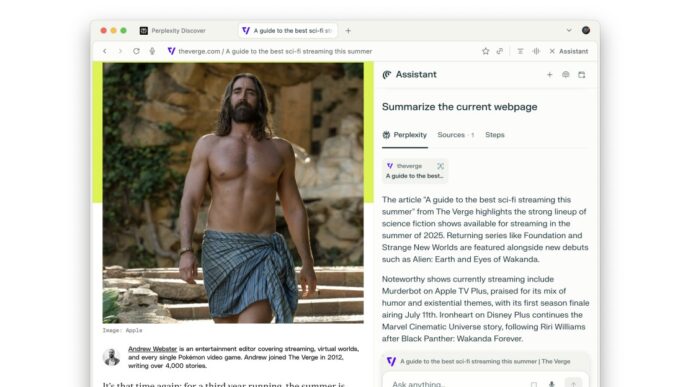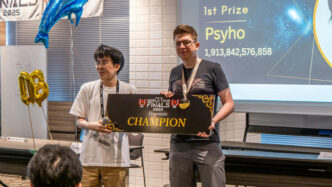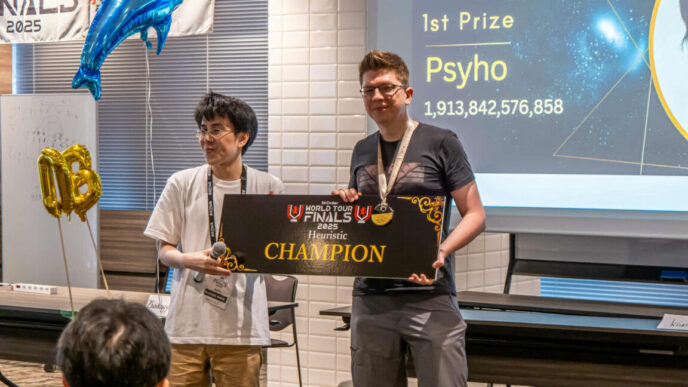Anthropic CEO Dario Amodei sparked alarm in May, warning AI could eliminate 50% of entry-level white-collar jobs within five years. He criticized others in AI and government for downplaying the risk.
OpenAI CEO Sam Altman pushed back in June. He said society won’t allow that kind of rapid job loss.
"And the hard part about this is, I think it will happen faster than previous technological changes. But I think the new jobs will be better, and people will have better stuff," Altman said on The New York Times’ "Hard Fork" podcast.
"And the take that half the jobs are going to be gone in a year or two years or five years or whatever — I think that’s just — I think that’s not how society really works," he added.
Nvidia CEO Jensen Huang also rejected Amodei’s gloomy outlook.
"I pretty much disagree with almost everything he says," Huang told reporters at VivaTech 2025. "He thinks AI is so scary, but only they should do it."
"If you want things to be done safely and responsibly, you should do it in the open," Huang said. "I believe AI is not that expensive. Do I think AI will change jobs? It will change everyone’s — it’s changed mine."
Salesforce CEO Marc Benioff sees AI as a workforce booster, not an immediate job killer.
"Maybe they have AI, I don’t have. But in the AI I have, it’s not going to be some huge mass layoff of white-collar workers, it is a radical augmentation of the workforce," Benioff said at the 2025 AI for Good Global Summit.
"So, I think we need to somehow shed the fear of what that all means."
Ford CEO Jim Farley sides with Amodei, warning AI could replace half of U.S. white-collar workers.
"Artificial intelligence is going to replace literally half of all white-collar workers in the US," Farley said at Aspen Ideas Festival.
He also criticized the U.S. education system’s focus on four-year degrees over trades.
Mark Cuban is bullish, expecting AI to spur new jobs and total employment growth.
"Someone needs to remind the CEO that at one point there were more than 2m secretaries. There were also separate employees to do in office dictation. They were the original white collar displacements," Cuban wrote on Bluesky.
"New companies with new jobs will come from AI and increase TOTAL employment."
OpenAI COO Brad Lightcap says Amodei needs to back his claims with data.
"We have no evidence of this," Lightcap said on the "Hard Fork" podcast. "And Dario is a scientist. And I would hope he takes an evidence-based approach to these types of things."
"Every time you get a platform shift, you get a change in the job market," Lightcap added. "Microsoft Excel has probably been the greatest job displacer of the 20th century."
Amazon CEO Andy Jassy openly acknowledged AI will reduce some jobs but create others.
"As we roll out more Generative AI and agents, it should change the way our work is done," Jassy wrote in a company memo.
"We will need fewer people doing some of the jobs that are being done today, and more people doing other types of jobs."
Klarna CEO Sebastian Siemiatkowski warned AI-driven cuts could trigger a recession.
"I don’t want to be one of them," Siemiatkowski said about CEOs downplaying AI’s impact. "I want to be honest, I want to be fair, and I want to tell what I see so that society can start taking preparations."
The tech world remains split. Amodei warns of rapid disruption. Others urge optimism or caution against panic without evidence. The debate over AI’s impact on white-collar jobs is far from settled.
